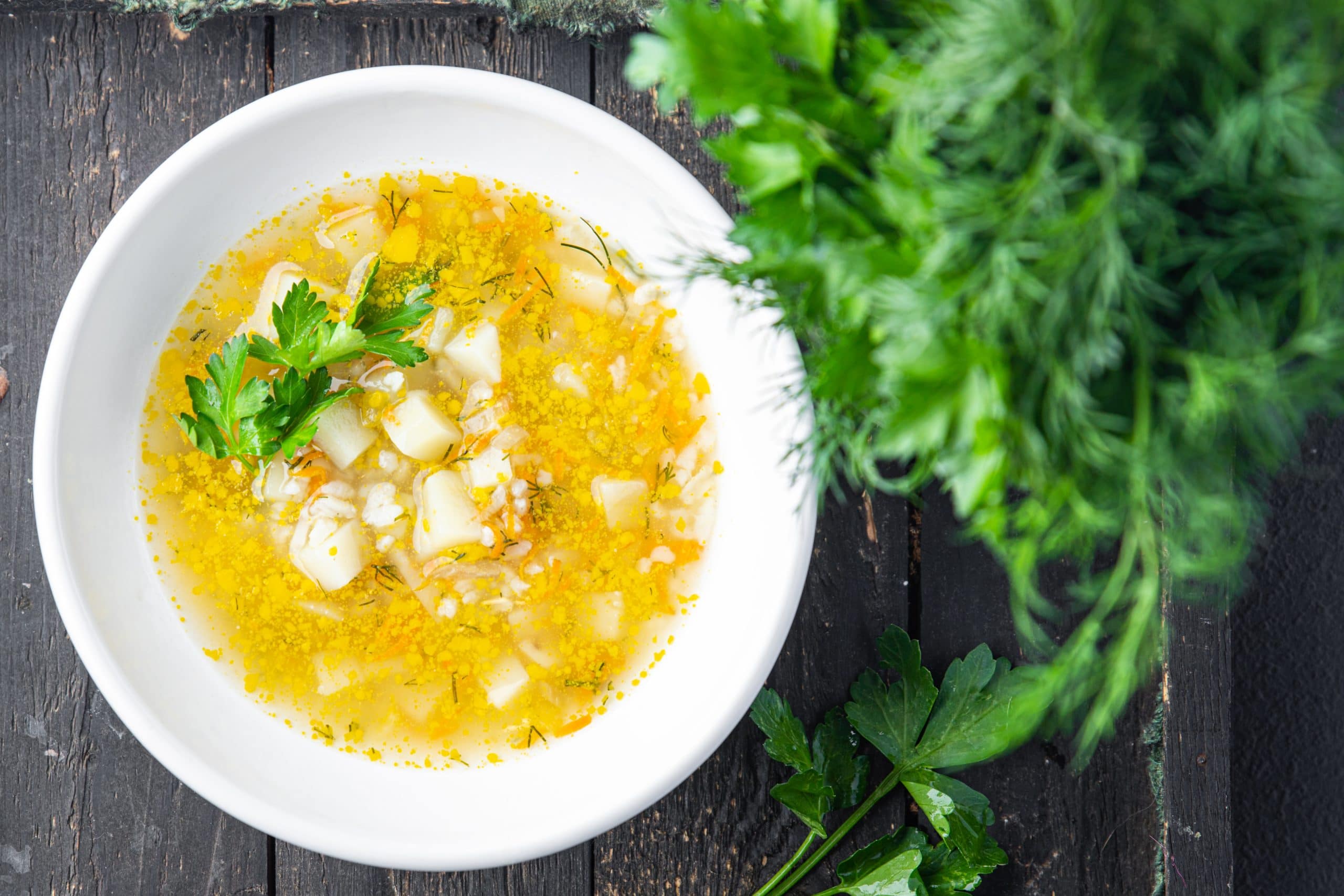Mung Beans: the Queen of Beans in Ayurvedic Medicine
“In Ayurveda, mung beans are considered the Queen of Pulses and a superfood because of these tiny mighty mung beans are chock full of micronutrients. Of the legume family, it is the lightest and easiest to digest, the least gas forming and has a Sattvic effect on the mind.
From a western perspective, mung beans are considered alkaline food because they have high quantities of predominantly alkaline minerals – calcium, magnesium, potassium and sodium, plus they are rich in Vitamin C and folate. When cooked with rice, mung beans provide a complete protein with all your essential amino acids.[3]” – taken from https://moongpani.com/
To understand more about mung beans and to order, check out
https://moongpani.com/blogs/all-about-mung/all-about-mung
Mung Bean Soup
Ingredients
- 2 cups dried mung beans
- 6 cups vegetable broth
- 1 Tbsp olive oil
- 1 cup diced white onion (about 1 onion) (optional)
- 2 cloves garlic minced
- 2 Tbsp freshly grated ginger (optional)
- 1 cup celery diced (optional)
- 1 14-oz can coconut milk
- 3 cups fresh spinach roughly chopped (optional)
- Salt to taste
Instructions
-
Beans: Rinse mung beans with cold water in a colander, picking out any bad looking beans or pebbles. Add beans to a large pot along with vegetable broth. Set heat to high and bring to a boil. Reduce heat to reach a gentle simmer, then cook the beans, uncovered, for 30 to 40 minutes. They are finished when they are soft and MOST have burst. Most of the water should be absorbed, though a little is okay.
-
Flavor Makers: While mung beans cook, heat oil in a large sauté pan over medium heat. Add onion, garlic, ginger, and celery. Cook until onion is soft and translucent, about 5 minutes.
-
Soup: Add sauteed veggies into the pot of mung beans, along with the can of coconut milk and chopped spinach. Let gently simmer until coconut milk is hot and spinach has wilted. Serve warm.


Leave a Reply